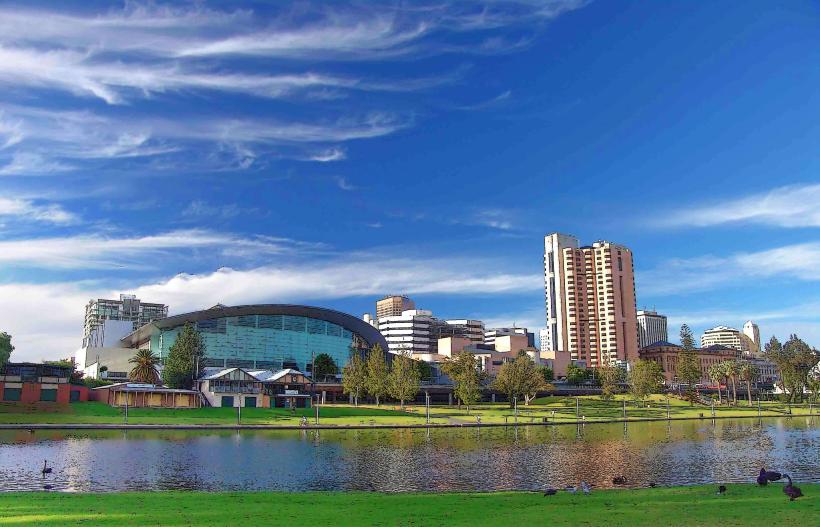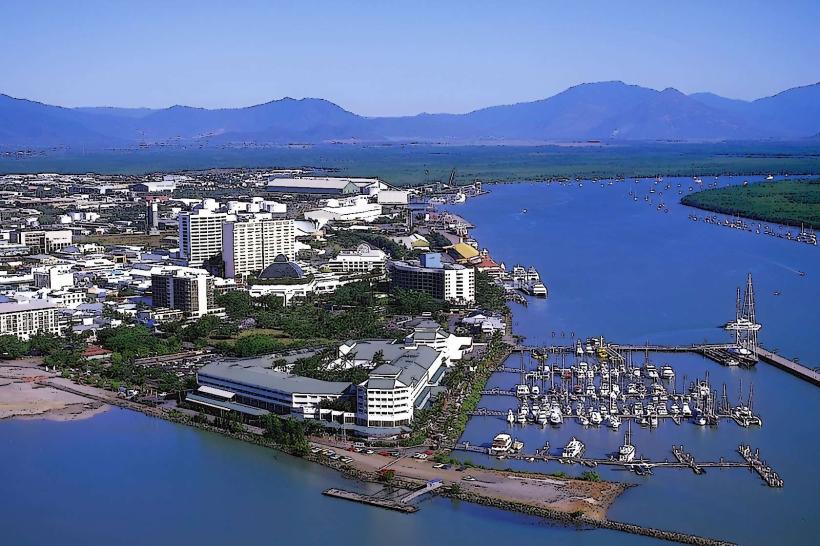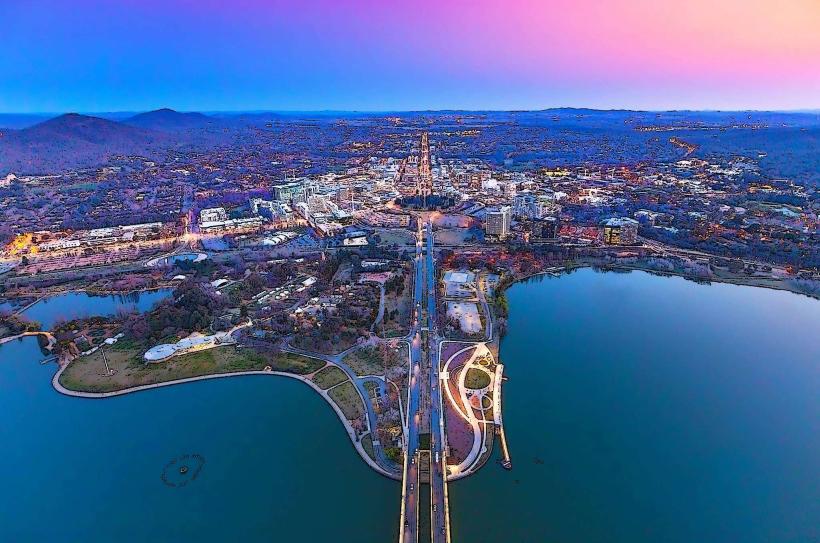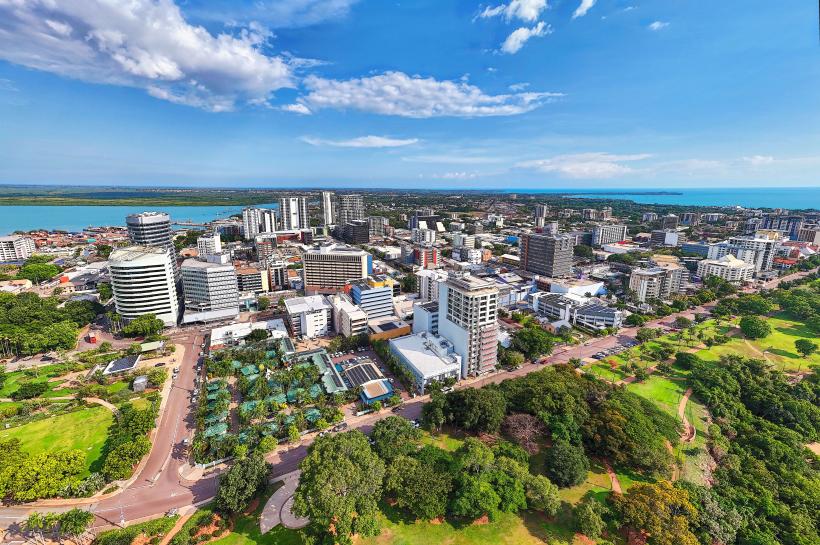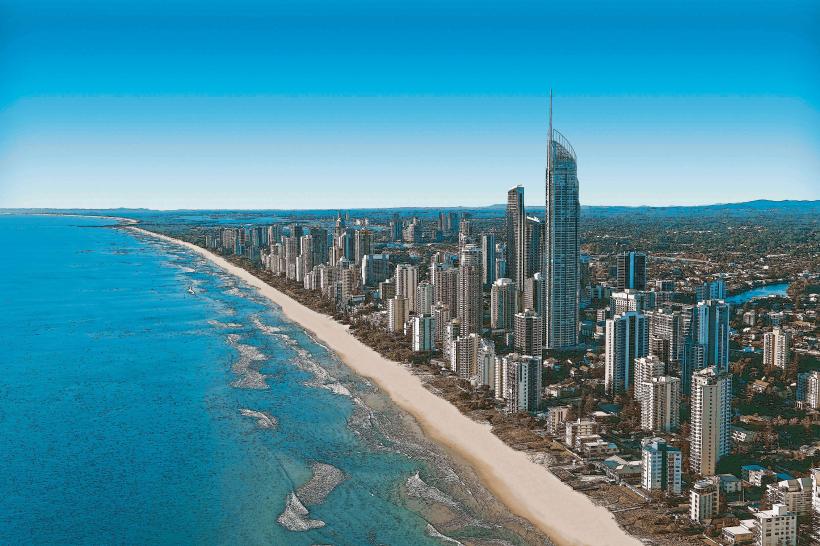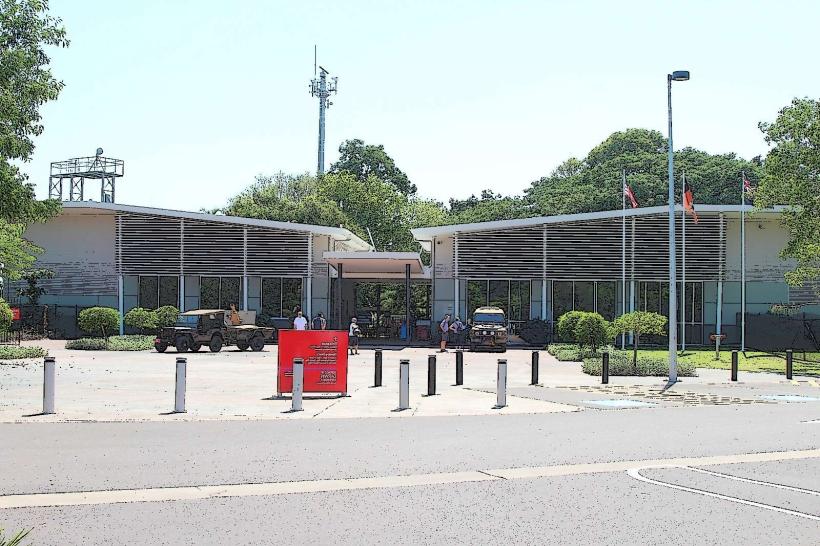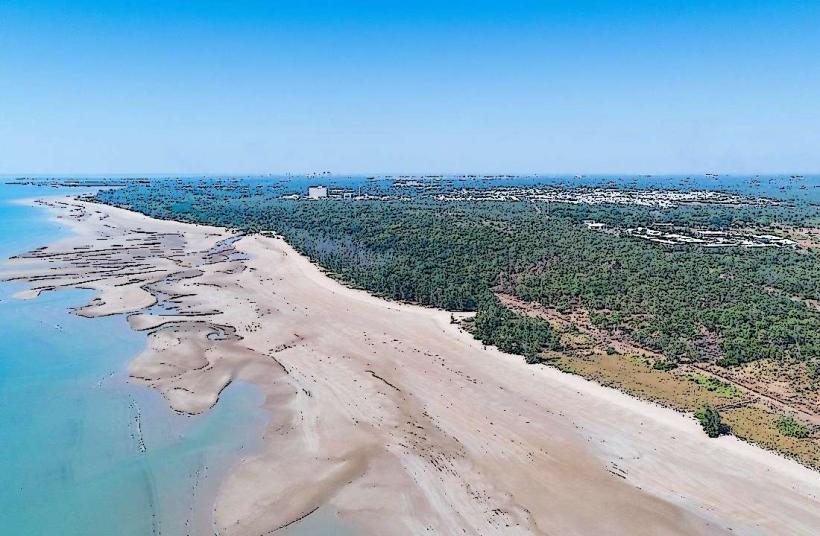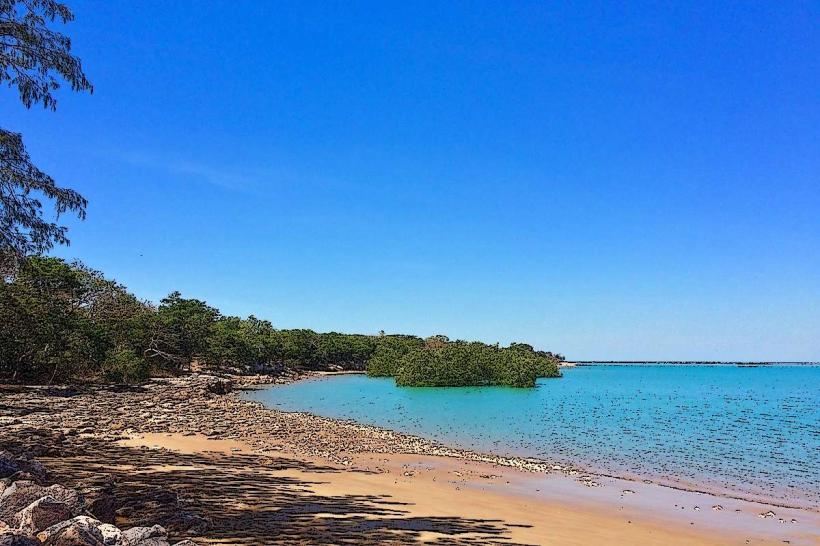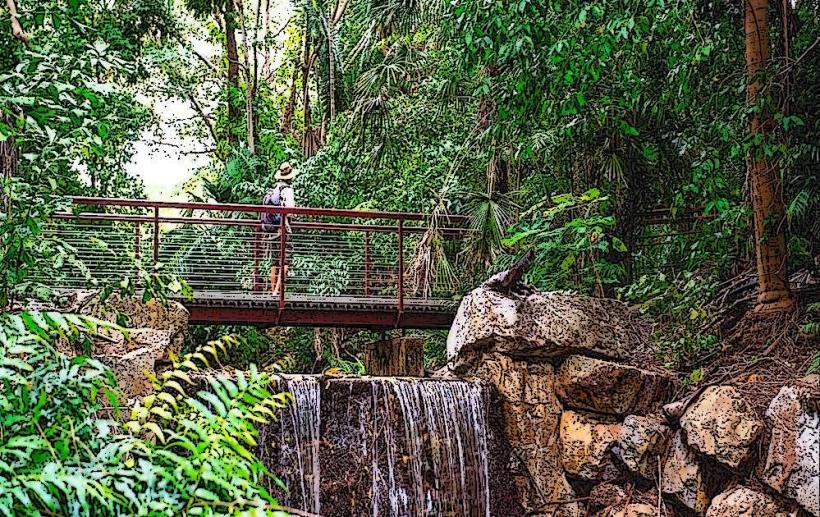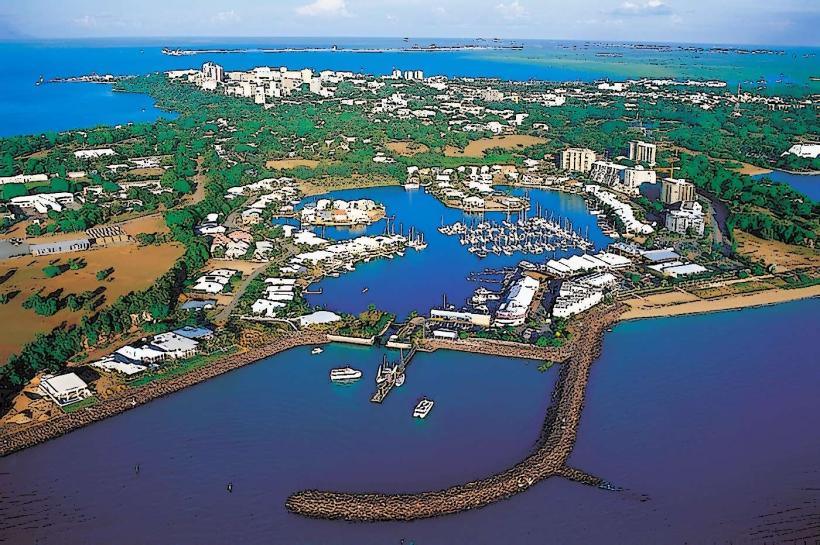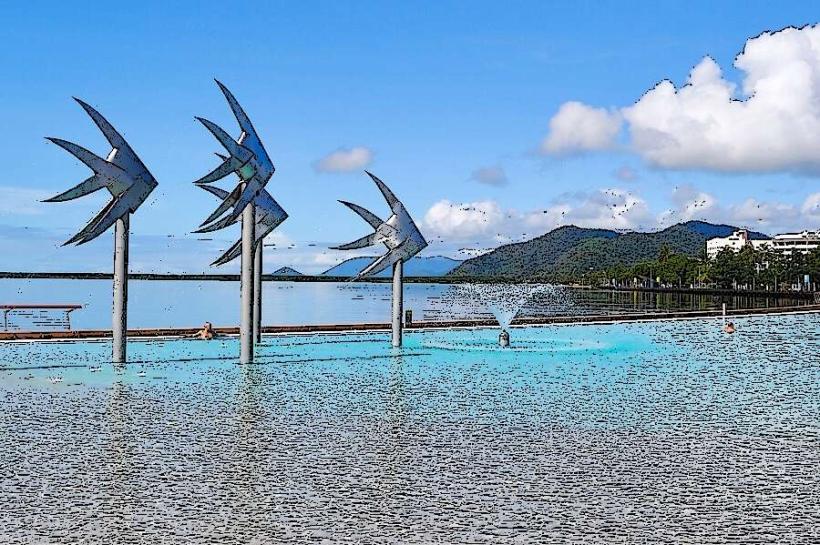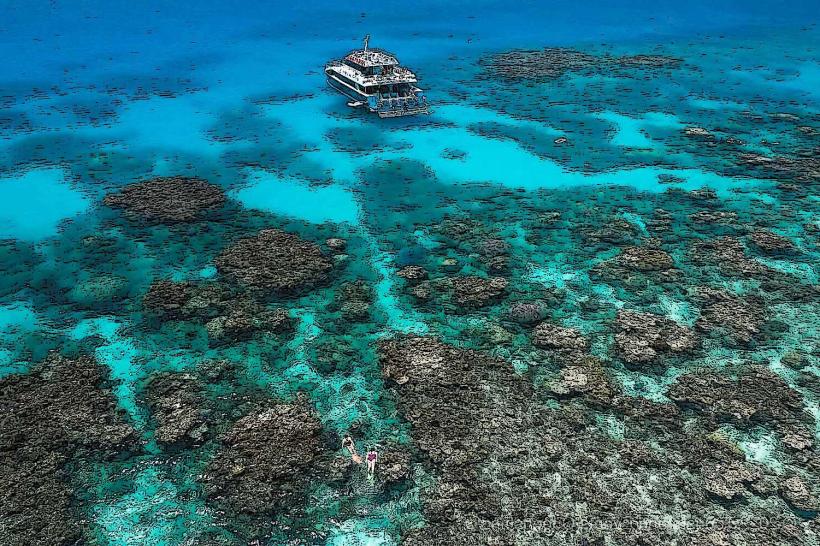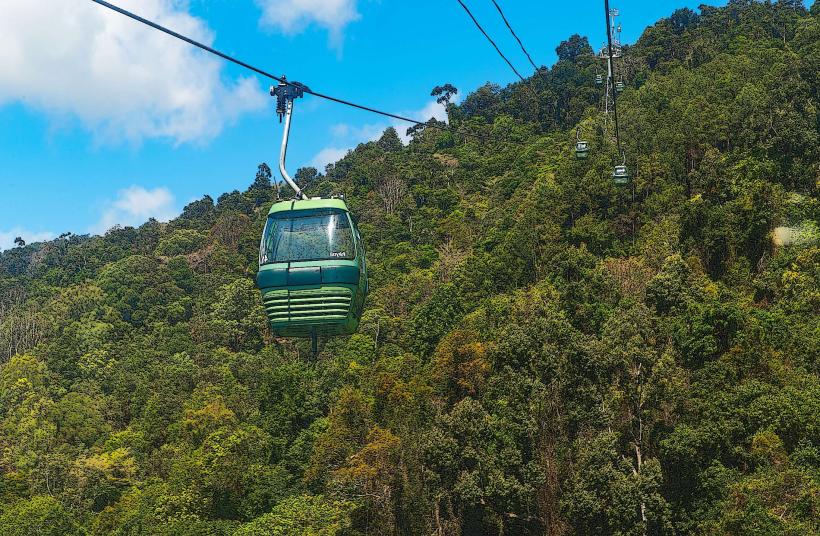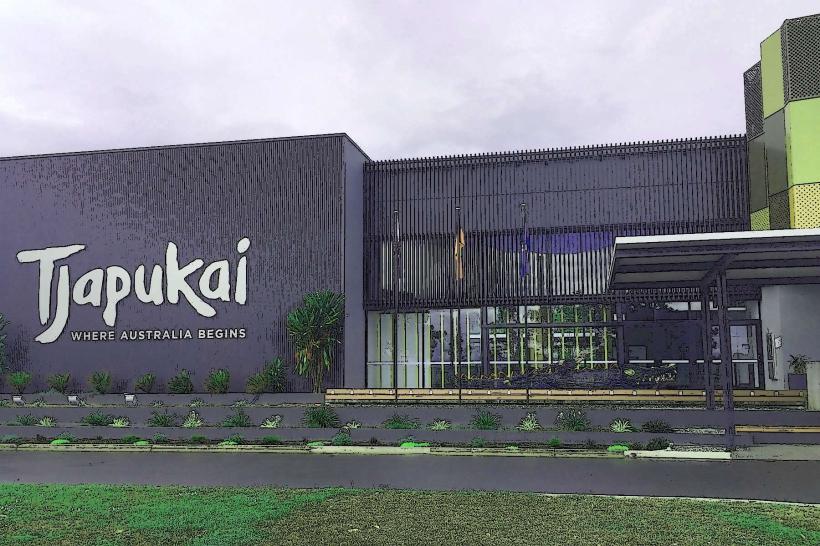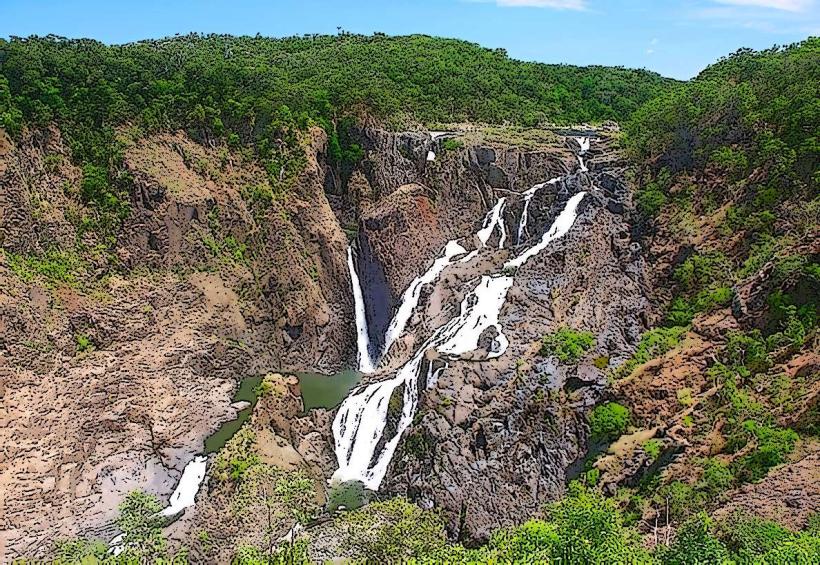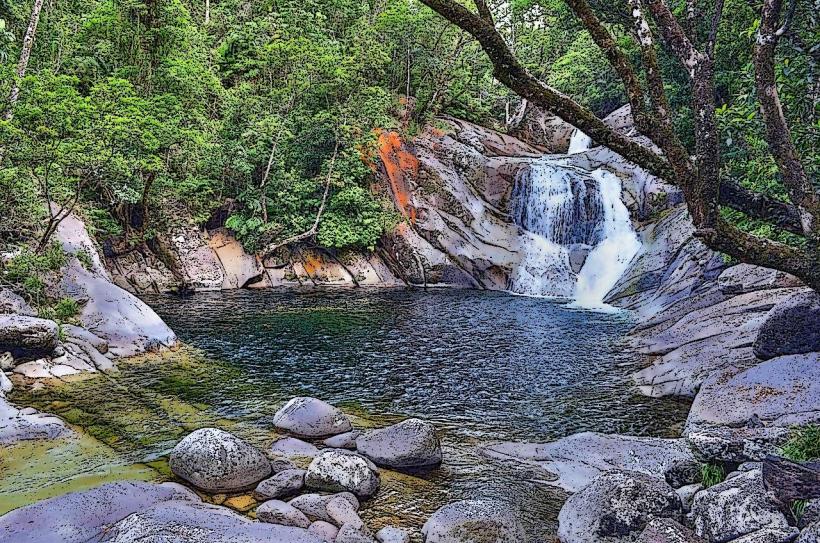Information
Country: AustraliaContinent: Australia
Australia, Australia
Australia is a sovereign state and the world's smallest continent, located between the Indian and Pacific Oceans. Its economy is driven by massive natural resource exports (iron ore, coal, LNG), agriculture, and a services sector centered on finance and education; the capital is Canberra, while Sydney and Melbourne serve as its primary global gateways.
Visa & Entry Policy
As of January 11, 2026, Australia maintains strict border controls with digital-first processing:
eVisitor (Subclass 651) / ETA (Subclass 601): Citizens of the EU, UK, and US must hold a valid electronic authorization before boarding. These are typically granted for 12 months, allowing stays of up to 90 days per visit.
Student Visas (2026 Updates): Significant reforms are active. The maximum age for Post-Study Work Visas has been reduced to 35, and applicants must meet higher English proficiency standards (IELTS 6.5). Financial requirements have increased; students must prove at least AUD 29,710 in annual liquid funds.
Biosecurity: Australia has the world's strictest biosecurity laws. All food, plant material, and animal products must be declared; failure to do so results in immediate fines of AUD 1,000+ or visa cancellation.
Requirements: A passport valid for at least six months and a completed Digital Passenger Declaration (DPD) submitted via the Home Affairs portal.
Language & Communication
English is the de facto national language.
Slang: Australian English is characterized by heavy use of diminutives (e.g., "arvo" for afternoon, "brekkie" for breakfast).
Indigenous Languages: There is a national movement to preserve the 150+ remaining Aboriginal and Torres Strait Islander languages. Signage in major airports and public buildings increasingly features dual-naming.
Currency & Payment Systems
The official currency is the Australian Dollar (AUD).
Near-Total Cashless: Australia is one of the most card-reliant nations. Contactless "Tap-and-Go" (EFTPOS, Visa, Mastercard) is universal. Even buskers and public toilets often utilize digital payment terminals.
eAUD & Stablecoins: As of 2026, the Reserve Bank of Australia (RBA) continues to pilot "Project Acacia," focusing on wholesale Central Bank Digital Currency (CBDC) for cross-border settlements. Commercial stablecoins (like AUDN) are used in specific institutional trade sectors but have limited retail uptake.
Cash: Physical notes are increasingly rare but remains legal tender. Cash-out services at supermarkets are the primary way to obtain physical currency in regional areas.
National Transport Grid
Infrastructure Pipeline: Australia is currently executing a $242 billion five-year public infrastructure plan (2024–2029).
Rail: Major projects include the Inland Rail (connecting Melbourne and Brisbane) and the Sydney Metro City & Southwest line, which is fully operational as of 2026.
Aviation: Domestic air travel is the primary method for cross-continental transit. Western Sydney International (Nancy-Bird Walton) Airport is in final construction phases for its late 2026 opening.
Electric Vehicles (EVs): The National Electric Vehicle Strategy has led to a standardized national charging network across all major highways (the "National EV Highway").
Digital Infrastructure
5G & 5.5G: 5G standalone (SA) coverage is above 98% in metropolitan areas. As of 2026, operators like Telstra and Optus are deploying 5G-Advanced to support industrial AI and IoT.
6G Summitry: Australia is currently hosting international summits to shape 6G standards, focusing on satellite-integrated "Non-Terrestrial Networks" (NTN) to cover the vast Outback.
NBN & LEO Satellites: NBN Co's partnership with Project Kuiper (Amazon) officially launches in mid-2026, providing high-speed, low-latency broadband to 300,000+ premises in remote regions.
3G Sunset: All 3G networks have been fully decommissioned.
Climate & Seasonality
Summer (Dec–Feb): Highs of $30°C–40°C$+. Peak bushfire risk.
Autumn (Mar–May): Mild weather; stable conditions for national parks.
Winter (Jun–Aug): Chilly in the south (Sydney/Melbourne); snow in the Australian Alps. Tropical north remains warm and dry.
Spring (Sep–Nov): Transition period; frequent storms in the east.
Note: The "Birak" and "Bunuru" seasons of the Noongar calendar are increasingly used in official weather reporting to reflect indigenous ecological knowledge.
Health & Safety
As of January 2026, Australia is ranked the 2nd safest country globally by BHTP.
Natural Risks: The primary dangers are environmental: extreme UV radiation (sunscreen is mandatory), rip currents at beaches (always swim between the red and yellow flags), and venomous wildlife (snakes/spiders) in rural areas.
Health: Tap water is potable and among the highest quality in the world. Australia has a reciprocal healthcare agreement with the UK and several EU nations, but private travel insurance is strongly recommended for others.
Emergency: Police/Fire/Ambulance 000.
Top 3 Major Regions & Cities
New South Wales/ACT: Hub: Sydney (Finance/Landmarks) and Canberra (Politics).
Victoria: Hub: Melbourne (Culture/Tech/Coffee).
Queensland: Hub: Brisbane (2032 Olympic prep) and the Great Barrier Reef.
Local Cost Index
1L Water: AUD 3.50 ($2.35 USD)
1 Domestic Beer (0.5L): AUD 9.50 ($6.30 USD)
1 SIM Card (50GB Data): AUD 40.00 ($26.50 USD)
Facts & Legends
Australia is the only nation to govern an entire continent. Local folklore features the Bunyip, a mythical creature said to inhabit swamps and billabongs. The Great Dingo Fence is the world's longest fence ($5,614 km$), surpassing the Great Wall of China. Historically, Australia’s first police force was composed of the most well-behaved convicts. Geologically, it is home to Uluṟu, a massive sandstone monolith that is over 500 million years old, and the Daintree Rainforest, which is 180 million years old-predating the dinosaurs and the Amazon.

